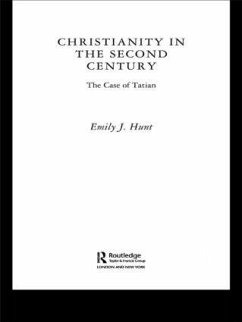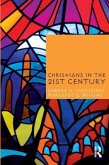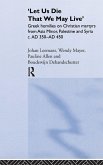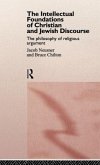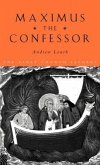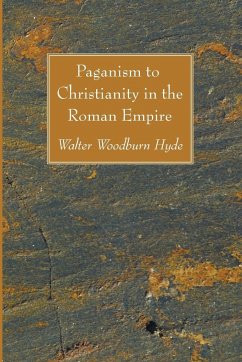Tatian is a significant figure in the early Church, his work both representing and revealing his second century context. This study offers a detailed exploration of his thought. It is also a valuable introduction to the entire period, particularly the key developments it witnessed in Christianity. Emily Hunt examines a wide range of topics in depth: Tatian's relationship with Justin Martyr and his Oration to the Greeks; the Apologetic attempt to defend and define Christianity against the Graeco-Roman world, and Christian use of hellenistic philosophy. Tatian was accused of heresy after his death, and this work sees him at the heart of the orthodox/ heterodox debate. His links with the East, and his Gospel harmony the Diatessaron, lead to an exploration of Syriac Christianity and asceticism. In the process, scholarly assumptions about heresiology and the Apologists' relationship with hellenistic philosophy are questioned, and the development of a Christian philosophical tradition is traced from Philo, through Justin Martyr, to Tatian - and then within several key Syriac writers. This is the first dedicated study of Tatian for more than 40 years.
Hinweis: Dieser Artikel kann nur an eine deutsche Lieferadresse ausgeliefert werden.
Hinweis: Dieser Artikel kann nur an eine deutsche Lieferadresse ausgeliefert werden.

